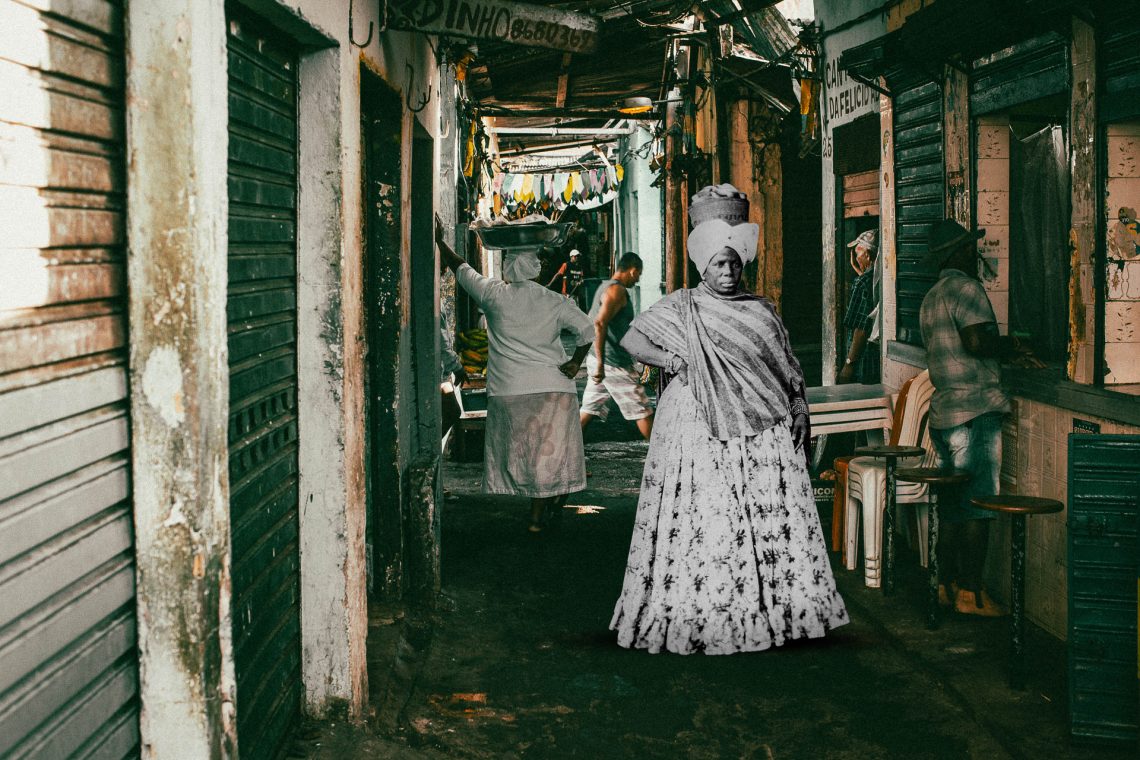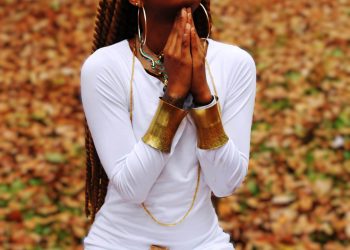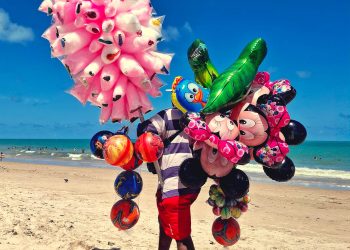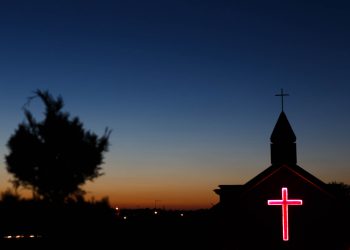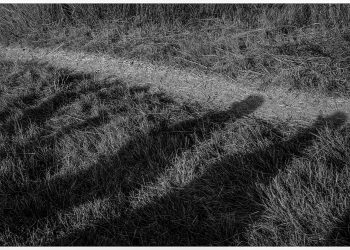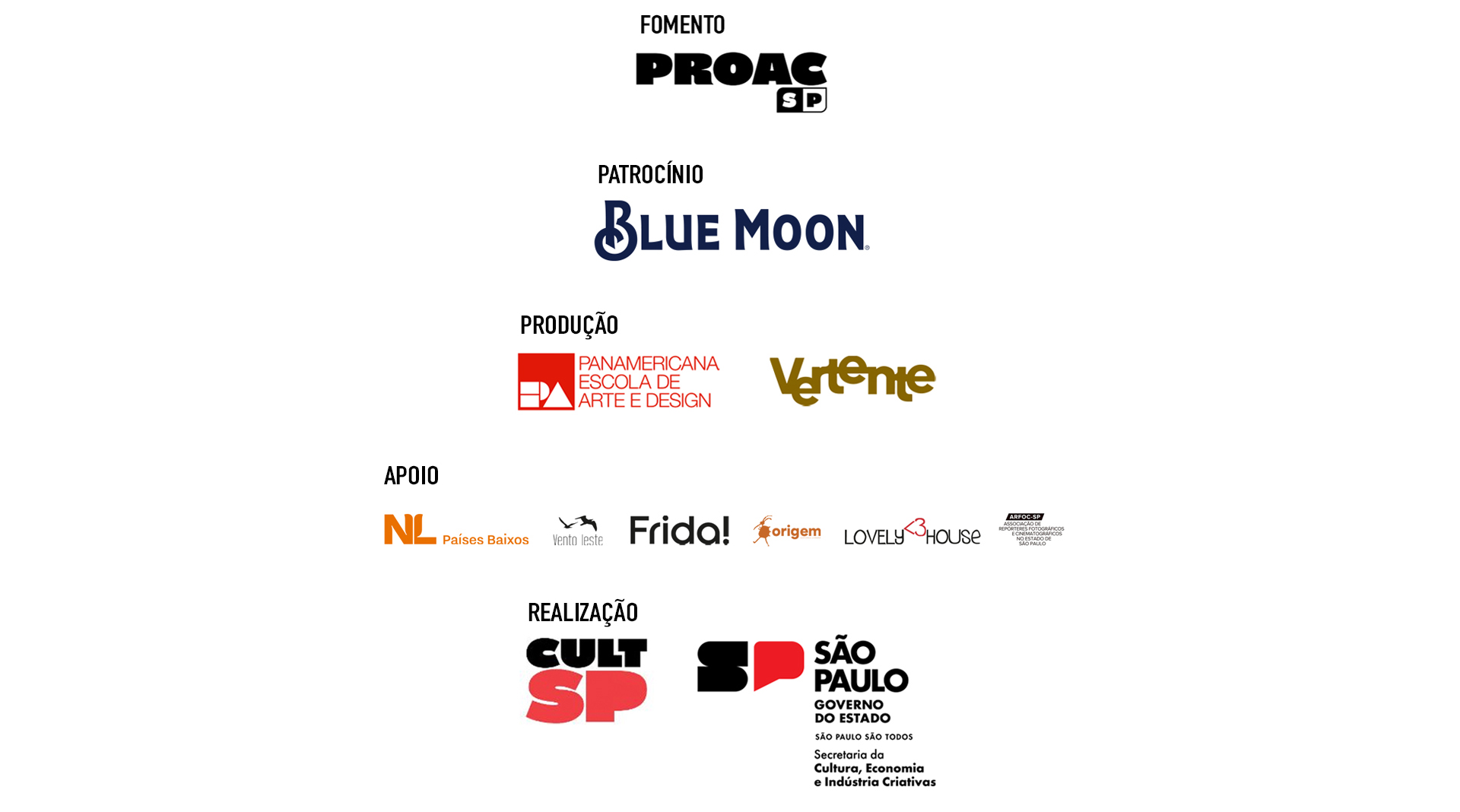“…no people who endured all this as daily life across centuries would emerge unmarked…”
—From The Brazilian People: The Formation and Meaning of Brazil by Darcy Ribeiro (20th-century Brazil’s foremost anthropologist)
This fragment compels us to confront how the colonial process defined our society.
It is this provocation that frames photographer Vinicius Xavier’s new essay, ECO EGUM.
The deep scars left by the Christian colonial enterprise in Brazil remain evident. The nation never truly abandoned its enslaving worldview—violently entrenched on this side of the Atlantic.
This essay appropriates images of enslaved Africans (from 19th-century photographs by Christiano Jr. in Brazilian Slaves) and relocates them. The setting: Feira de São Joaquim—a predominantly Black popular market in Salvador, Bahia, home to the largest African diaspora population outside Africa.
Within these images, ancestors and descendants coexist in the same frame.
The physical, spiritual, and temporal displacement exposes and interrogates time’s passage—transformations, unfoldings. The friction between past and present forces us to ask: What futures can we envision when, centuries later, vital historical wounds remain unresolved and unhealed?
They echo…
Translated with Deepseek AI



